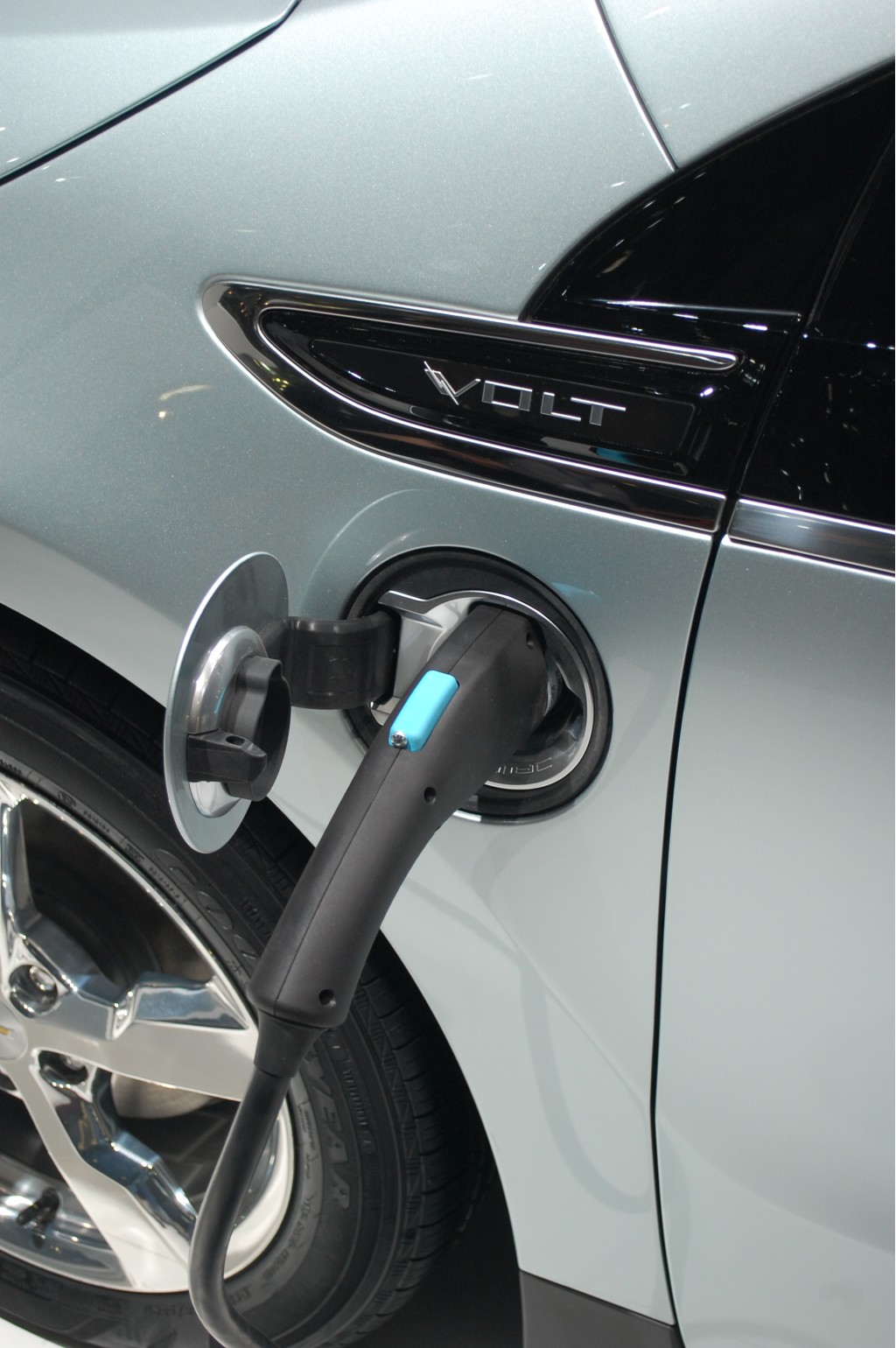The state of Kansas is famous for a lot of things, from its wild sunflowers and large wheat-fields through to its miles and miles of straight roads, an incredibly flat landscape, and a certain 1939 musical about a little girl, a tornado, and her dog.
This week however, Kansas became one of the first states in the country to consider taxing electric cars.
Enter Rep. Tom Sloane (R), who argued earlier in the week at a House Energy and Utilities Committee hearing that the state must start taxing electric car drivers. Without a tax, he said, the state’s road and bridge network could suffer.
His reasoning?
Currently, Kansas -- like many other states -- collects funds in the form of a gasoline tax which is levied at the gas station on every gallon of gasoline purchased. Part of this tax is then used to fund new road-building projects, while the rest ensures the state’s existing roads are kept in good order.
If everyone starts driving electric cars, Sloane says, the proceeds of Kansas’ gasoline tax will no-longer be sufficient to maintain and build roads.

2011 Chevrolet Volt charging port
Similar concerns have been voiced in other states. But unlike the additional $100 annual electric car license fee that legislators have been battling over in the state of Washington for the past year, Sloane wants electric car drivers to pay “less than 1¢ of tax” for each kilowatt-hour of electricity used to charge their cars.
“I believe that such vehicles should pay the equivalent of the motor fuels tax so that they do not “ride free” when gasoline/diesel vehicles pay to maintain the system,” said Sloane.
In order to do this, Sloane proposes that electric car owners have two electricity meters installed in their homes: one to record domestic power consumption, and one to record electric car power consumption. Electricity used to charge electric cars would then be taxed at a higher rate by the utility companies, with the proceeds passed back to the state.
Although Sloane hasn’t detailed exactly what his sub-1¢ tax rate would be, a 1¢ tax per kilowatt-hour would equate to a 12 percent tax at average Kansas electricity rates, while a 0.5¢ tax would be equivalent to a 6 percent additional tax.
At current gas prices in the state, gasoline is taxed at around 7 percent.

BMW Active-E charging
During a hearing on Tuesday, General Motors spokesman Lindsay Douglas informed the House committee that at present, only 24 Chevrolet Volts were registered in the state, arguing that the proposed tax would hamper efforts to support electric vehicle sales in the state.
“If we’re not being shown that there’s backing behind this by the state legislatures, why would we want to continue supporting this technology and pushing forward if what we’re being told is, we’re going to tax this to its death before it gets a chance to survive?” questioned Douglas.
We can't help but agree. With so few electric cars in Kansas at present, it would take many years before electric vehicles were so numerous in the state that the gas-tax proceeds suffered.
While we believe that it is only fair for electric car owners to pay something towards the upkeep of the roads they drive on, we think a yearly flat fee might be more appropriate -- not to mention cheaper to implement than the installation of two electricity meters in every home that has an electric car.
The committee took no action on Sloane’s bill, but doubt remains on whether the bill will proceed past this stage or not.
Until then, all we can do is add Kansas to our increasing list of states considering taxing plug-in vehicle owners.
+++++++++++













